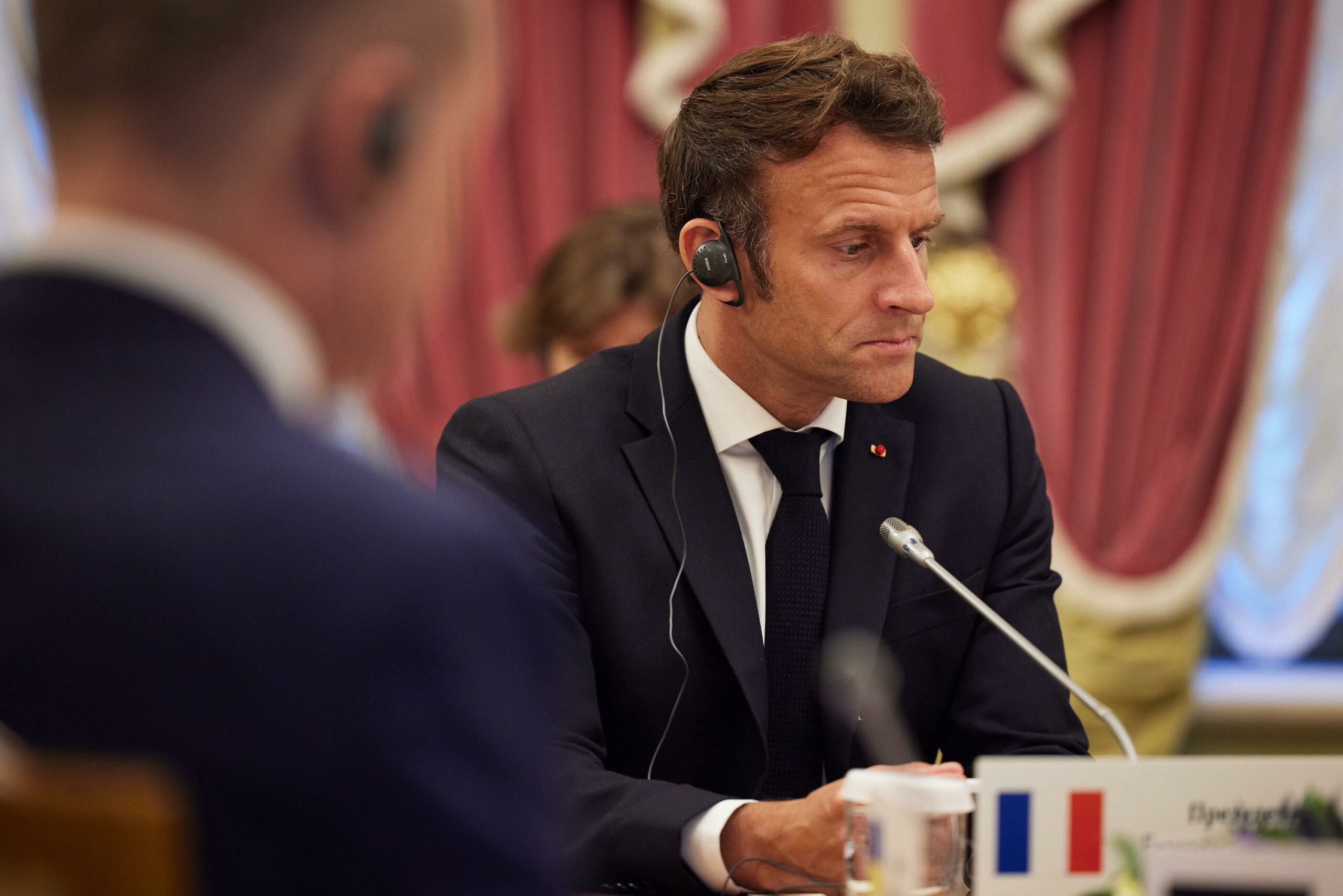Nuclear energy raises tensions between France and Germany. Le Monde report

Tensions between France and Germany have never been so high, and the fault – writes Le Monde – lies with nuclear energy
On Saturday 15 April, at 11.45 pm, Germany shut down its last three nuclear reactors . A few hundred protesters celebrated the event at Berlin's Brandenburg Gate at the invitation of Greenpeace. Thus ends an adventure begun in 1955 by Chancellor Konrad Adenauer. His distant successor, Angela Merkel, confirmed the end in May 2011, two months after the Fukushima accident in Japan. France, on the other hand, has just relaunched a program for six pressurized water reactors (EPRs), which marks the continuation of a policy initiated by General de Gaulle at the end of the Second World War. Truth below the Rhine, error beyond? These opposing choices at least confirm that energy policy – in particular nuclear policy – remains one of the main disagreements in the Franco-German "couple".
For twenty years, however, the two countries have stood together. Some even dreamed of an "energy Airbus" that would weld France to reunified Germany. In the 1990s, Framatome and Siemens developed the EPR. The Munich giant came to hold 34% of Framatome (then Areva NP) – without ever obtaining an entry ticket from Paris into the capital of the parent company, Areva. He filed for divorce in 2009, before briefly engaging with Russia's Rosatom, only to liquidate the business two years later after Berlin announced it would abandon nuclear power.
The alliance could not last with a Germany determined to abandon this energy. In Germany, where nuclear power has never accounted for more than a third of electricity generation, a large majority of the population was against it. The Greens are structured in the anti-nuclear (and pacifist) struggle. They came to power as part of the "red-green" coalition in 1998 and have had a great influence on energy policy over the last quarter century. The German version of the slogan “Atomkraft? Nein danke” popularized the struggle of all the anti-nuclearists of the 1970s and 1980s.
Double imperative
On the contrary, nuclear energy is part of the political DNA of France, if not of the French. We have to go back to 1945, when the ordinance created the Commissariat à l'énergie atomique (CEA) “with a view to its use in various fields of science, industry and national defence”. All the applications of atomic fission were foreseen from the very beginning, from energy to the bomb, to the point that it is difficult to dissociate civilian from military nuclear power.
The convergence of views between Gaullists and Communists, political centralization, the development of a state-controlled technoscience and the monopoly of the EDF, all French exceptions unknown in Germany, also paved the way for the civil atom. Everything was ready, as early as the end of the 1960s, to accelerate the construction of power plants after the first oil crisis of 1973 and to achieve 75% of electricity from nuclear sources. Without returning to an ambitious program like the Messmer plan of 1974, Emmanuel Macron has opted for a frank relaunch.
A new chapter is being written for Germany, a new chapter is being written for France. The controversy, however, is not going to end. In a Europe that has to respond to a double imperative – fighting global warming and accessing new energy resources after the war in Ukraine – Franco-German tensions have never been so high. France is not alone in this struggle. In the aftermath of the closure of the German plants, Finland launched the Olkiluoto EPR (13 years late). But Brexit has deprived it of its main supporter, the United Kingdom, and projects in a dozen European Union countries cannot make us forget that the political climate in those countries is not in favor of nuclear power.
Seen from Paris, Berlin exerts relentless pressure to reduce French ambitions and impose its energy transition model on Brussels. This relentless pressure is epitomized by the Green Vice-Chancellor for Economy and Climate, Robert Habeck, a worthy successor to the intractable Jürgen Trittin of the 2000s. France believes that the President of the European Commission, which is supposed to defend the "technological neutrality" of the various low-carbon energy sources, has an unfortunate tendency to align itself with the interests of its country.
Recover industrial sovereignty
Ursula von der Leyen believes that nuclear power is not "strategic for the future", unlike solar, wind, hydrogen and batteries. There have been two recent demonstrations of this. In the green taxonomy, a very useful label for attracting capital, the atom is listed as a simple "transition" energy, even if it does not emit CO2; it has certainly been recognized for the production of low-carbon hydrogen, but only with nuclear technologies not yet available: modular reactors, in which France is lagging behind, and fast neutron reactors, which it will bury in 2019 with Astrid.
Paris will have to fight for a long time to convince citizens that nuclear energy is a weapon in the fight against climate change. And also for the crucial role it can play in recovering Europe's industrial sovereignty, one of the main objectives of the Commission since 2019. Can the Old Continent depend on solar panels, batteries, raw materials and refined metals massively imported from China, when the Will the global market for low-carbon technologies triple by 2030? On March 30, Ms von der Leyen gave a major speech in Brussels – without concessions to Beijing or alignments with Washington – defending her “strategy of risk reduction through the economy”. The French government has not failed to underline the "inconsistencies" between its eco-industrial ambitions and its rejection of nuclear energy. The nuclear battle between Paris and Brussels is set to continue.
(Excerpt from the press release of eprcommunication)
This is a machine translation from Italian language of a post published on Start Magazine at the URL https://www.startmag.it/energia/energia-nucleare-tensioni-francia-germania/ on Tue, 25 Apr 2023 05:06:32 +0000.
